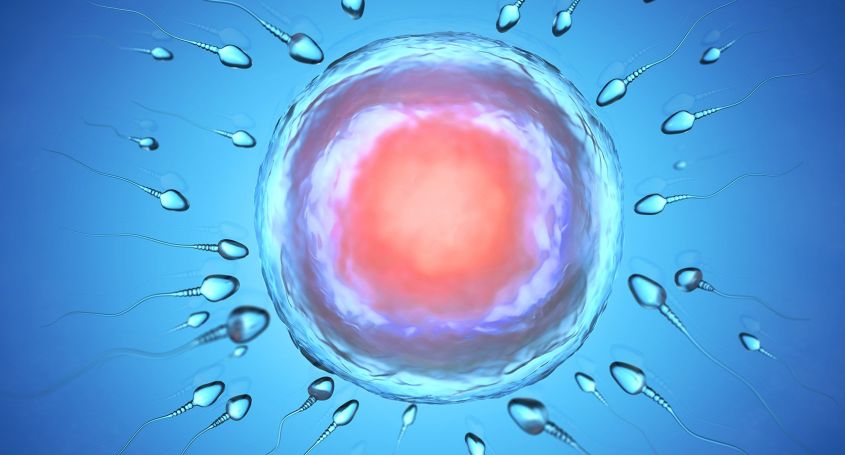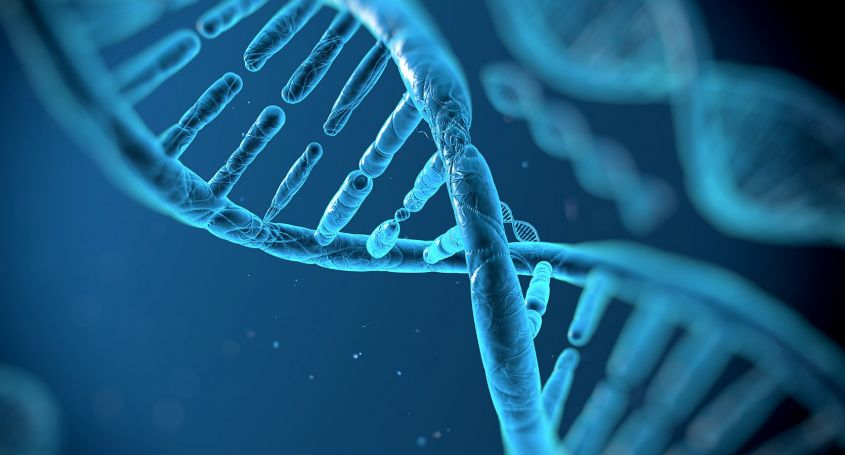Pregnancy represents an extraordinary change in a woman's body. As soon as the uterus receives the embryo, a certain type of communication at the molecular level is established between the two that will also reach other organs of the body to be able to adapt the woman's body and her physiology to the needs of a growing fetus.
Implantation Bleeding
At the time of implantation, the embryo invades the endometrium and finds its place in the uterus where it starts to grow and to form the placenta. There, it rearranges small blood vessels around it so as to be able to receive food and oxygen from the mother. Light breaking/bursting of blood vessels may cause slight bleeding, known as implantation bleeding or spotting.
Hormonal Changes and Early Pregnancy Symptoms
This communication of the embryo with the endometrium triggers a cascade of hormonal changes in the female body. These changes show up as a series of symptoms and inconveniences that may indicate that the woman is pregnant. The clearest sign of pregnancy is the delay or absence of menstruation. But before this occurs, other, more subtle symptoms may appear. One of the most common is a thick, whitish vaginal discharge. Other common symptoms in the first weeks of pregnancy are cramps, dizziness, and abdominal pain. These can sometimes be confused with the discomfort that some women experience days before their period.
Later, the woman may notice that her breasts are more sensitive than normal and even a little swollen. This is due to the stimulation of the mammary glands to prepare them for future breastfeeding. In turn, the breasts' areolas darken and the nipples may become more sensitive and stiffer, sometimes being uncomfortable when touched. It is also normal for women to feel more tired at the beginning of pregnancy. This tiredness and drowsiness will increase as the weeks go by during the first trimester. During this time, the body is still adapting to having to provide all the energy needed for the developing fetus.
Common symptoms of the first trimester of pregnancy such as the constant need to urinate and morning sickness may appear as early as the first weeks of pregnancy.
Symptoms Associated with In Vitro Reproduction Treatment
Ovarian stimulation during in vitro reproduction treatments, as well as endometrial preparation, are hormonal treatments that can also cause us to experience similar symptoms to the first symptoms of pregnancy, such as cramps, dizziness, and abdominal discomfort. In addition, anxiety during those days waiting can also increase feelings of dizziness and discomfort.
It is important to note that the fact that the woman does not feel or notice any symptoms or discomfort the first few days is not a sign of the absence of pregnancy. A woman can be pregnant and not notice absolutely anything, as each woman is different and her body, unique. We cannot confirm or rule out pregnancy until we have performed a pregnancy test -- either a urine or blood test, which is much more specific.














